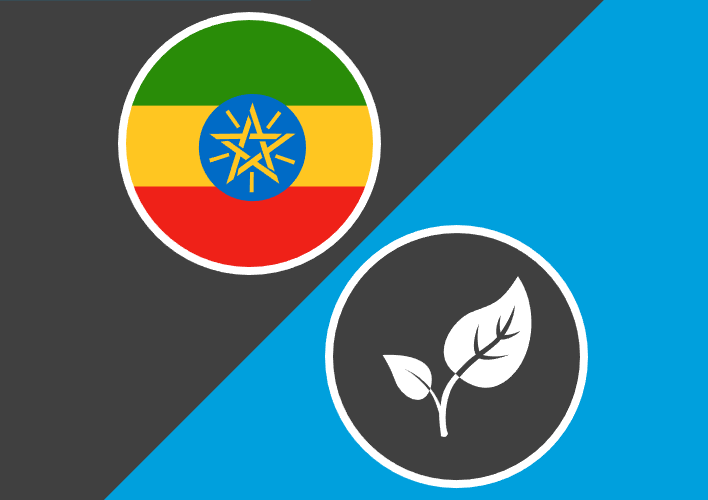Mennonite Central Committee Canada is supporting Migbaresenay Children & Family Support Organization with an extension to a three-year agriculture and livelihoods project in Debre Kelemo Kebele, East Goijam, Amhara region, Ethiopia.
Environmental degradation, population pressure, high unemployment, gender-based differences, and climate variability are the main causes of food insecurity for households in the project area. In response, this project will work to boost food production and availability by rehabilitating a watershed using a cash-for-work approach and integrating various soil fertility management and farming practices in order to increase soil and water conservation in the area.
The project will work to promote women’s decision-making at all levels of farm management, encourage equal participation of men and women on all project committees, and conduct experience sharing workshops among men and women to help address household gender gaps. In total this extension will benefit 1,245 households (approximately 7,100 individuals).
